ENGEL policy statement
Fundamental position
ENGEL GmbH is aware of its responsibility regarding the observance of human rights.
We respect the human rights in our company values and delivery chains. It is our goal to promote their application and to prevent their violation. Together with our employees, customers and business partners we strive every day to promote human rights – that is what we are committed to, notably to fair business practises and good working and living conditions.
Taking the above as a foundation, we have drafted this policy statement. The foundation of human rights diligence at Engel GmbH is our commitment to respecting the human rights as they are laid down in internationally agreed frameworks:
- UN Human Rights Charter
- UN Guiding Principles on Business and Human Rights
- UN Convention on the Rights of the Child
- UN Convention on the Rights of Women
- Core labour standards of the International Labour Organisation (ILO)
- OECD Guidelines for Multinational Enterprises
- The ten UN Global Compact Principles
Responsibility and claim
Sustainability
Through far-sighted planning and responsible procurement of our yarns and materials, we grant our business partners an adequate time for scheduling their orders and associated with this, for suitable personnel deployment planning and payment. Should we gain knowledge of any adverse effects on human rights and the environment caused by our business operations, we commit to provide for systematic remedial action and compensation or at least for mitigation of the negative effects we have caused or towards which we have contributed with our business operations.
We are cooperating with contracting companies within a radius of approx. 40 km. On the one hand, these short routes to the production sites make sense from an ecological point of view, on the other hand they allow us a high degree of flexibility, speed and production monitoring. Moreover, with short distances we minimise the risk of negative impacts on human rights, the environment and integrity.
In a declaration of conformity, all contracting companies involved in the production process undertake to work according to the guidelines of IVN and GOTS and to observe the social requirements. Subcontracting only takes place with the consent of Engel GmbH to ensure that these subcontractors produce according to the same criteria.
95% of our range of goods is certified with the Global Organic Textile Standard (GOTS) or with the world's most demanding quality mark IVN-Best. Apart certified organic cotton we process finest new merino wool from certified organic animal husbandry with silk. All dyes used are free of heavy metals and have always been free of harmful azo dyes. Our textile finishing dispenses with unnecessary chemical finishing. Basically, all substances used must be biodegradable and may not pollute soil, air and water.
Human rights diligence
Like every company, ENGEL has the social responsibility to secure existing jobs. And this is not only a responsibility towards all employees, but also for the company itself. However, social sustainability also means to secure jobs in the region, in the country, i.e. to prefer regional providers, to maintain supplier relationships and to keep up close ties.
An important role for parties concerned or parties observing possible human rights violations is the access provided to the grievance mechanism. For this purpose, Engel GmbH has set up an e-mail address for the confidential reporting of information on compliance violations and information relating to human rights. These grievances can be addressed to complaint@engel-natur.de. This e-mail address is checked on a weekly basis and so far, no complaints have been received.
The social criteria are known to all employees and the current version from the GOTS and IVN-BEST guideline is on display both at ENGEL and at the contractors' premises. There is a financial reward system for suggestions for improvement regarding the entrepreneurial due diligence.
We place a particular focus on the protection of vulnerable people such as adolescents, women, older employees and disabled persons and consider their wishes and skills with regard to work quality and work performance.
ENGEL undertakes to pay remuneration at least amounting to the legally guaranteed minimum wage with working times that are consistent with current standards. Beyond that, we align ourselves with the payment of living wages.
All our employees have a written employment contract in accordance with § 2 of the German Nachweisgesetz (Law on proof of the essential conditions applicable to an employment relationship).
Responsibilities
The overall responsibility for compliance with our principles in sustainability and human care rests with the management of Engel GmbH.
Engel GmbH will critically review its position and the former's implementation on a regular basis and will continue to develop it.
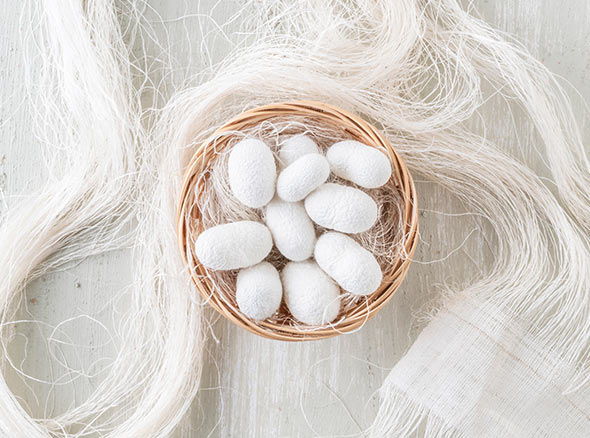
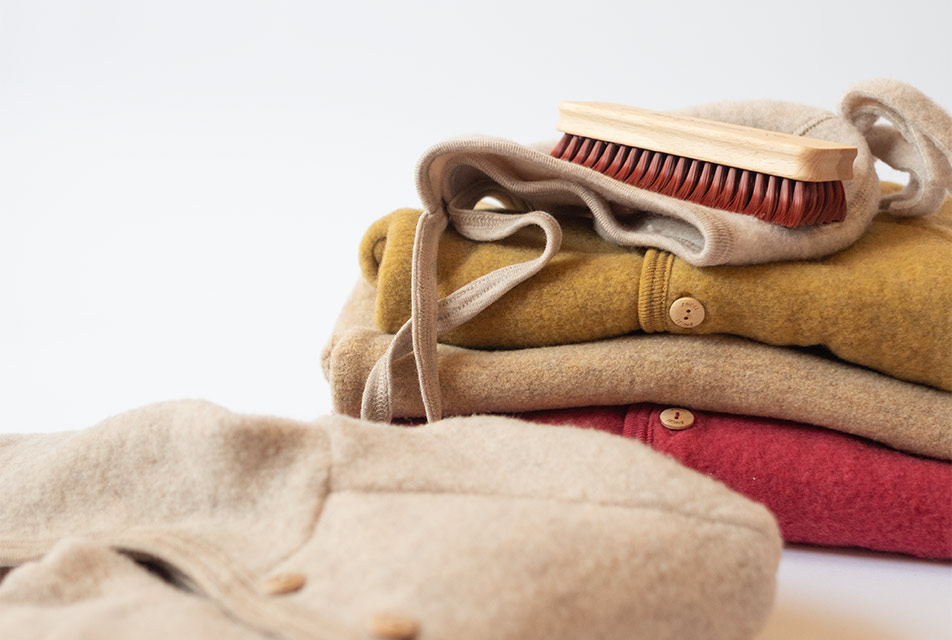
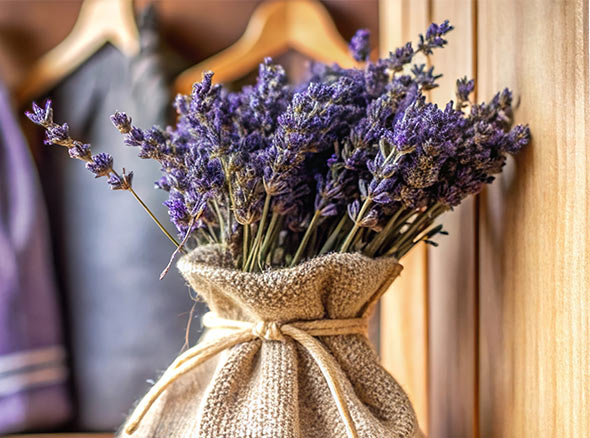
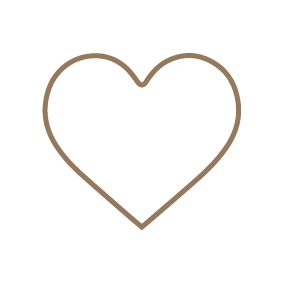
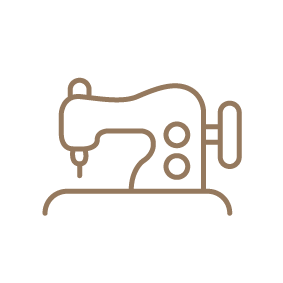
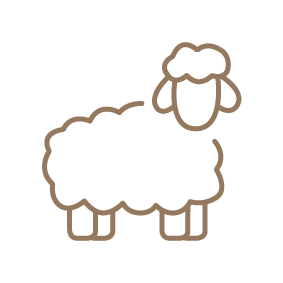
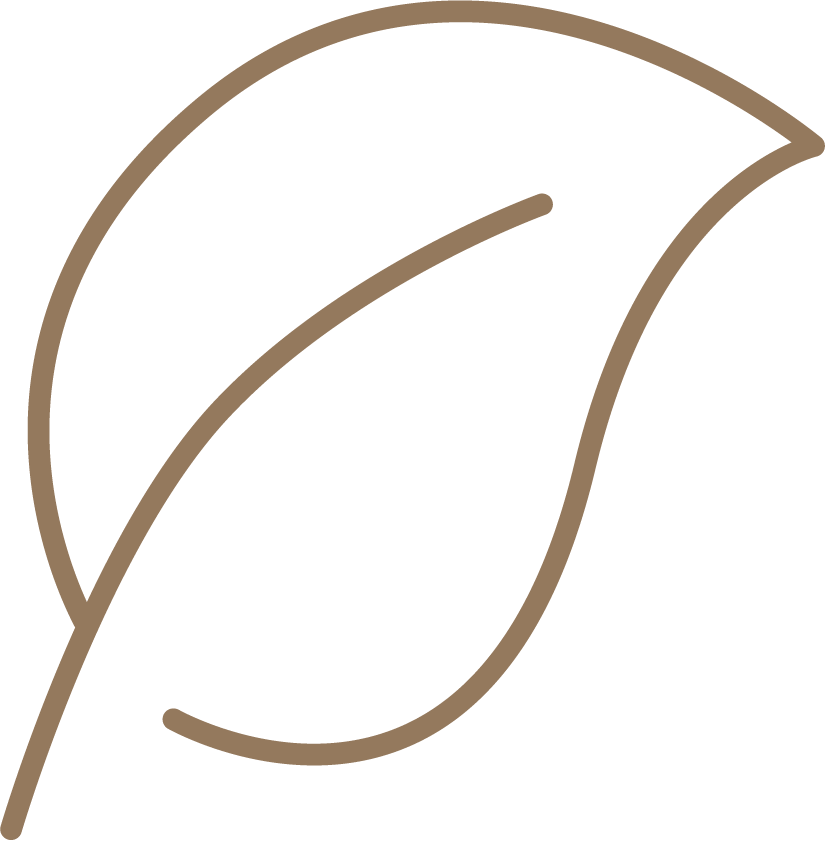




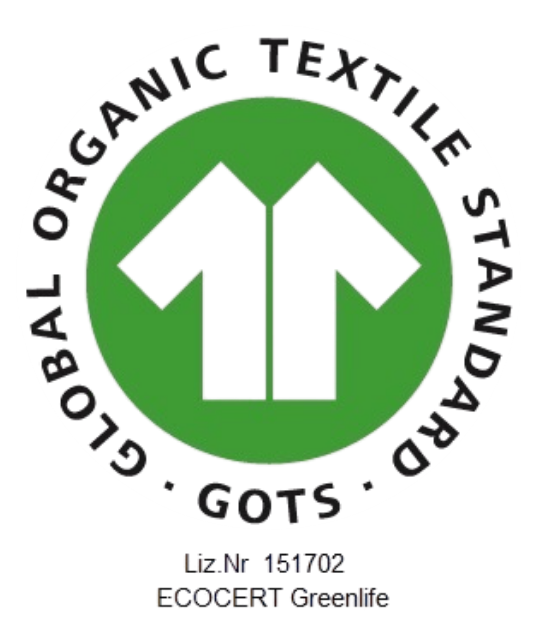
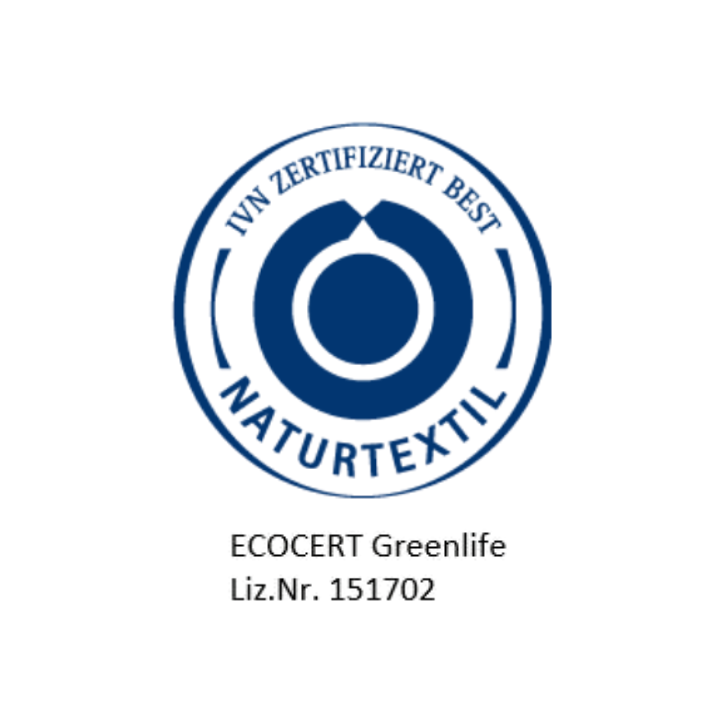
 Normal wash cycle
Normal wash cycle  Gentle wash cycle
Gentle wash cycle  Special gentle wash cycle (delicates)
Special gentle wash cycle (delicates)  Hand wash
Hand wash  hot ironing
hot ironing  moderately hot ironing
moderately hot ironing  do not iron hot, caution when ironing with steam
do not iron hot, caution when ironing with steam  do not iron
do not iron  Drying with normal thermal stress
Drying with normal thermal stress  Drying with reduced thermal stress
Drying with reduced thermal stress  No tumbler drying possible
No tumbler drying possible  Chlorine bleach and oxygen bleach permitted
Chlorine bleach and oxygen bleach permitted  Only oxygen bleach permitted/no chlorine bleach
Only oxygen bleach permitted/no chlorine bleach
 Do not bleach
Do not bleach  No dry cleaning possible
No dry cleaning possible  No wet cleaning possible
No wet cleaning possible 





